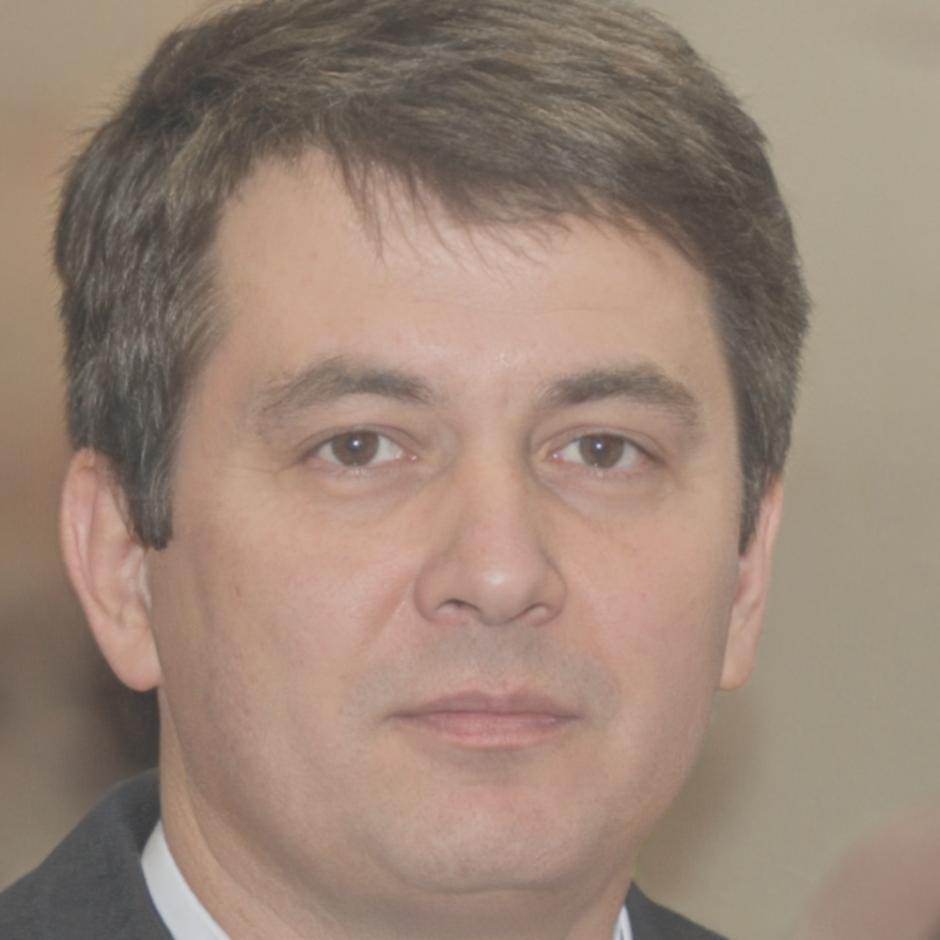Building Worlds That Feel Real
We started Persistx because most game environments felt hollow. You'd walk through beautiful landscapes that somehow lacked depth. Our small team in Smederevo decided to change that by focusing on what makes virtual spaces feel lived-in and authentic.
What Drives Our Work
Back in 2021, we noticed something odd. Games had incredible graphics, but their worlds felt empty. Players would comment on how spaces looked amazing but didn't invite exploration. That observation became our focus.
Environmental Storytelling
Every asset placement tells part of a larger story. We don't just scatter props around. Each element serves a purpose in building narrative through space.
Performance Balance
Beautiful environments mean nothing if they tank frame rates. We optimize obsessively so your players experience smooth gameplay without visual compromise.
Iterative Refinement
First passes are always rough. We build, test, rebuild. Sometimes a single area goes through fifteen revisions before it clicks into place.

Who Makes This Happen
Our team came together through shared frustration with surface-level world design. We're technical enough to handle complex systems but artistic enough to know when something feels wrong visually.

Radovan Tešić
Technical DirectorSpent years optimizing render pipelines for AAA studios before joining us. He gets annoyed when environments look good in editor but choke actual hardware. His procedural generation work lets us create massive worlds without manual placement of every single tree.

Luka Petrović
Lead Environment ArtistLuka thinks about lighting the way musicians think about rhythm. He'll spend an entire afternoon adjusting fog density because "it doesn't feel right yet." That attention to atmospheric detail makes our environments memorable rather than just pretty.
How We Actually Work
Most studios follow rigid pipelines that kill creativity. We prefer a flexible process that adapts to each project's specific needs while maintaining quality standards.

Discovery Phase
We start by understanding your game's core experience. What emotions should players feel in different areas? How does environment support gameplay mechanics? This phase involves lots of questions and rough sketches. We're figuring out the rules your world needs to follow before building anything concrete.

Technical Implementation
Once we understand the vision, we build modular asset libraries tailored to your project. This includes establishing lighting systems, material libraries, and placement rules. Everything gets tested in-engine early because concept art that looks amazing but performs terribly helps nobody.